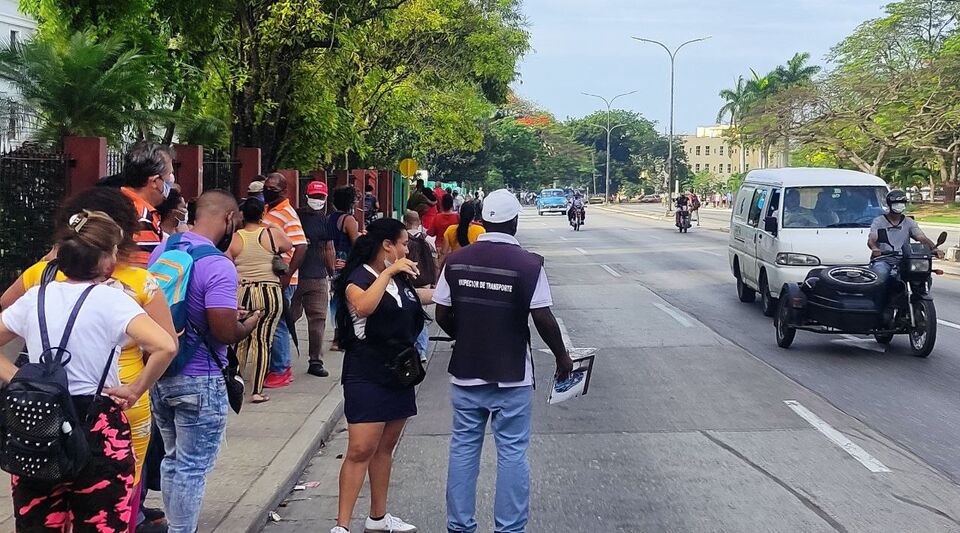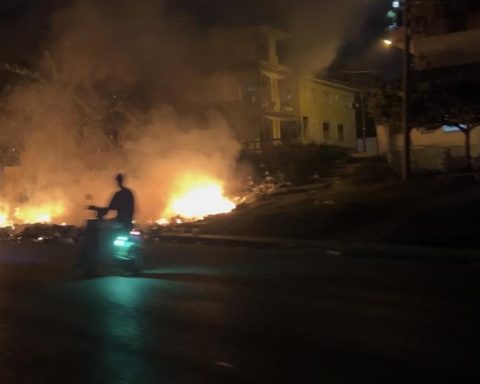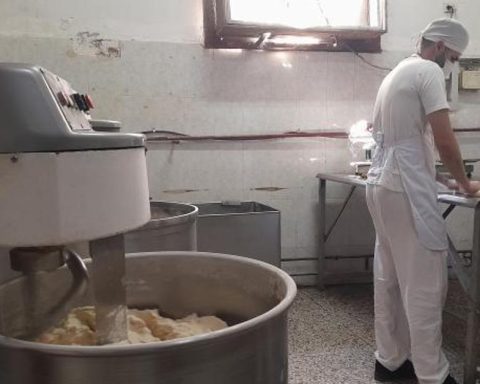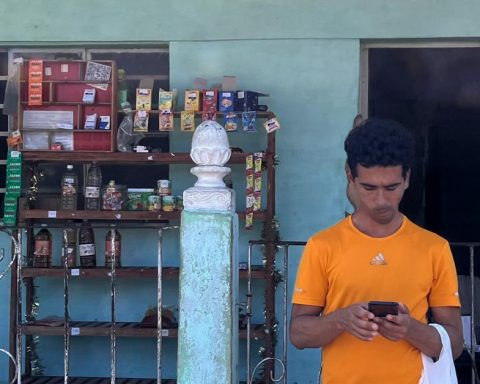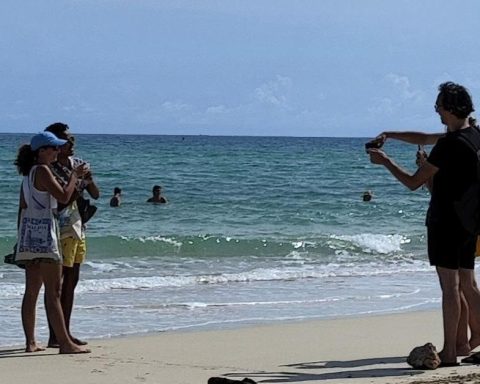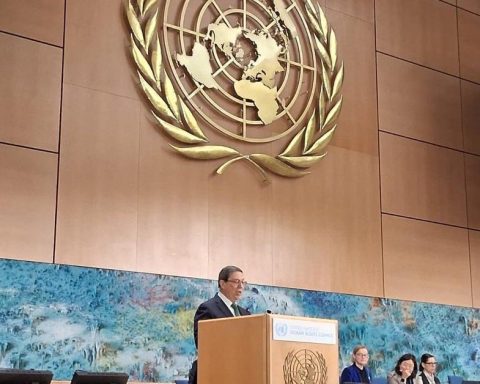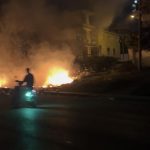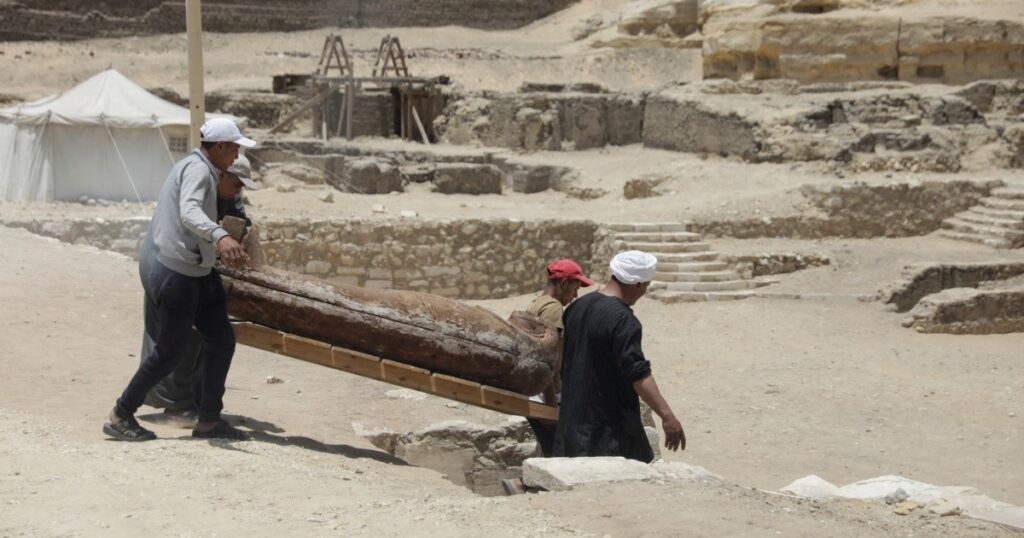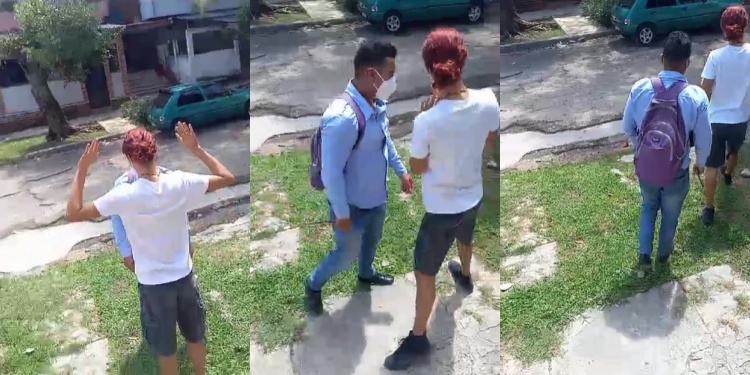“Transport is bad, but not worse than other days.” Havanans have not been taken by surprise by the declarations of the provincial authorities acknowledging the critical situation in which the sector finds itself, because they have been suffering from it daily for at least three months.
Not better either. This Monday, after the Havana government announced that 286 vehicles “of school buses and buses from different institutions and organizations” were going to be added to the urban buses that are circulating in the capital “as part of the strategy to alleviate the situation in this sphere”, if there were more buses from Transmetro, which normally transport state workers, but this does not seem to alleviate the problems, queues and crowds.
The inspectors who, dressed in blue, also returned this Monday and whose function is to force state vehicles to stop, so that they take possible passengers who are going in the same direction, do not impose much of their authority either. As this newspaper was able to testify, either the drivers do not stop before their signal or, if they do stop, they do not ride anyone either.
“Havana has the lowest coefficient of technical readiness in the last ten years,” cites ‘Granma’ based on statements by the First Deputy Minister of Transportation
The voluntarism of the Government, which has promised to expand “electric tricycle routes in the municipality of Boyeros” and study a “similar system” for Guanabacoa, does not hide what they themselves have recognized. “Havana has the lowest coefficient of technical readiness in the last ten years,” cites Granma based on statements by the First Deputy Minister of Transportation, Marta Oramas Rivero.
Until April, the Provincial Transport Company of Havana had only 442 vehicles in operation, reports the same official press, which transported more than 580,000 people daily, “a figure that is far from the 780 buses scheduled three years ago, with 20% of booking”.
The governor of the province, Reinaldo García Zapata, assured on friday that “the situation is critical”, as only 30% of the total fleet of buses for transportation is active.
The authorities did not mention the fuel crisis that, since a few days, shake the country again. They did mention “the energy issue”, only to announce “saving measures in the non-residential sector to reduce consumption during peak hours”.
The Cubans, in any case, are resigned, although they can no longer stand the criticism. “It’s one lie after another with the problem of electricity,” complained a man on crutches while waiting for a bus this Monday in Central Havana, to which another replied: “If they stopped building hotels, they could improve the state of the National Electric System.
________________________
Collaborate with our work:
The team of 14ymedio is committed to doing serious journalism that reflects the reality of deep Cuba. Thank you for joining us on this long road. We invite you to continue supporting us, but this time becoming a member of our newspaper. Together we can continue transforming journalism in Cuba.
